Smart home market
According to Earthweb, the world smart home market amounted to 98 billion USD in 2020 and is expected to reach 495 billion by 2028.
The smart home market is generally dominated by big companies such as Google Nest, Amazon, Samsung Smartthings, Apple HomeKit.
Nevertheless, there is a plethora of small companies, such as SwitchBot, Govee, Eufy, Tado, Wyze, producing a large variety of smart home devices whereas new startup companies spring at an increasing rate.
Competition, financial problems and going out of business
Despite the smart home business being profitable, not all companies survive the competition. Some of them will not make it financially and eventually shut their servers down.
One good example is Nello One, a small company that produced a small black, rectangular Wi-Fi device that was wired to the door intercom and turned it smart. It was a neat, useful device.
After installing the Nello app you can control your intercom unit through your smartphone. This enabled keyless entry to your building. The customer service was also excellent.
- The Nello One
I installed Nello on my 50 years old intercom in about 10 minutes with the help of the Nello stuff through real time chat. But Nello went out of business in 2019. Since the basic operation was cloud-based I am now left with a dead black rectangular device on my wall. I haven’t removed it for historical reasons.
Other companies producing smart devices also face serious financial problems whether they shut down their servers or not. This was for instance the case of Insteon, a smart home company producing smart light switches, dimmers, relays, various sensors, thermostats.
Big companies also discontinue products
It is not only the small startup companies that shut down their servers. Big companies also discontinue some of their products.
For instance, Logitech, the king of mice, keyboards, web cameras and other products, also produced some of the best smart remotes, the Harmony. These remotes operate using the one-touch activity control, i.e., control actions for multiple devices at once.
For example, with the push of a button you turn on the TV, turn on the subwoofer, turn on the home cinema sound system, switch the input of TV to the computer and dim certain lights.
In April 2021, Logitech discontinued the manufacturing of Harmony remotes in 2021,despite the very good reviews. Nowadays it is only available in used condition. Support still continues. But for how long?
Other small companies are bought by bigger ones and the policies on smart integrations change.
A good example is Nest Labs, Inc. (Nest). It produced thermostats, smoke detectors, alarm systems and cameras. All their products, which have a modern, clean design, were reliable and well connected with existing smart platforms.
- The Nest camera
- The Nest smoke detector
Nest was bought by Google. For an extended period, many integrations into smart hone platforms (e.g. Smartthings, IFTTT) were broken, mine included. The Nest secure alarm was discontinued in 2020. I feel very lucky that I went for the Smanos K alarm rather than the Nest Secure, which undeniably has good looks.
Even more, the Nest smoke alarm cannot still be incorporated into Google’s own smart home platform, Google Home.
And now what?
To sum up, devices produced by startup companies, small, medium, and big companies can become non-operational. And this is not because of technological progress, which is inevitable. It is mainly because of poor planning, poor performance and/or bad timing.
This is an important issue that one must consider when designing a smart home and deciding on the brands on which it will be based on. Going for devices produced by giant companies might be one solution. Yet it is not always a safe one.
To this end, it is more important if customers always go for devices produced by innovative companies that take their mission seriously. Such companies usually exhibit professionalism and transparency. They also prioritize quality, customer service, and social and environmental values.
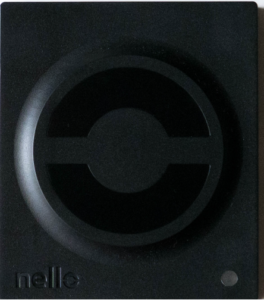
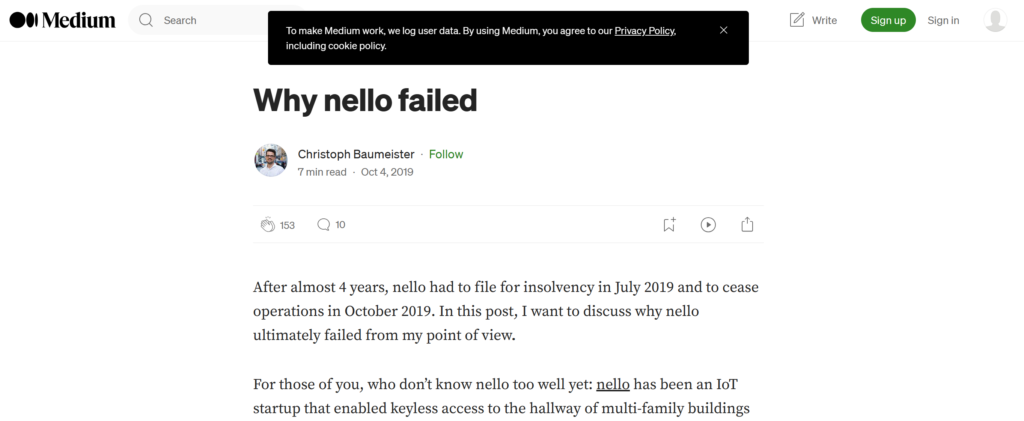
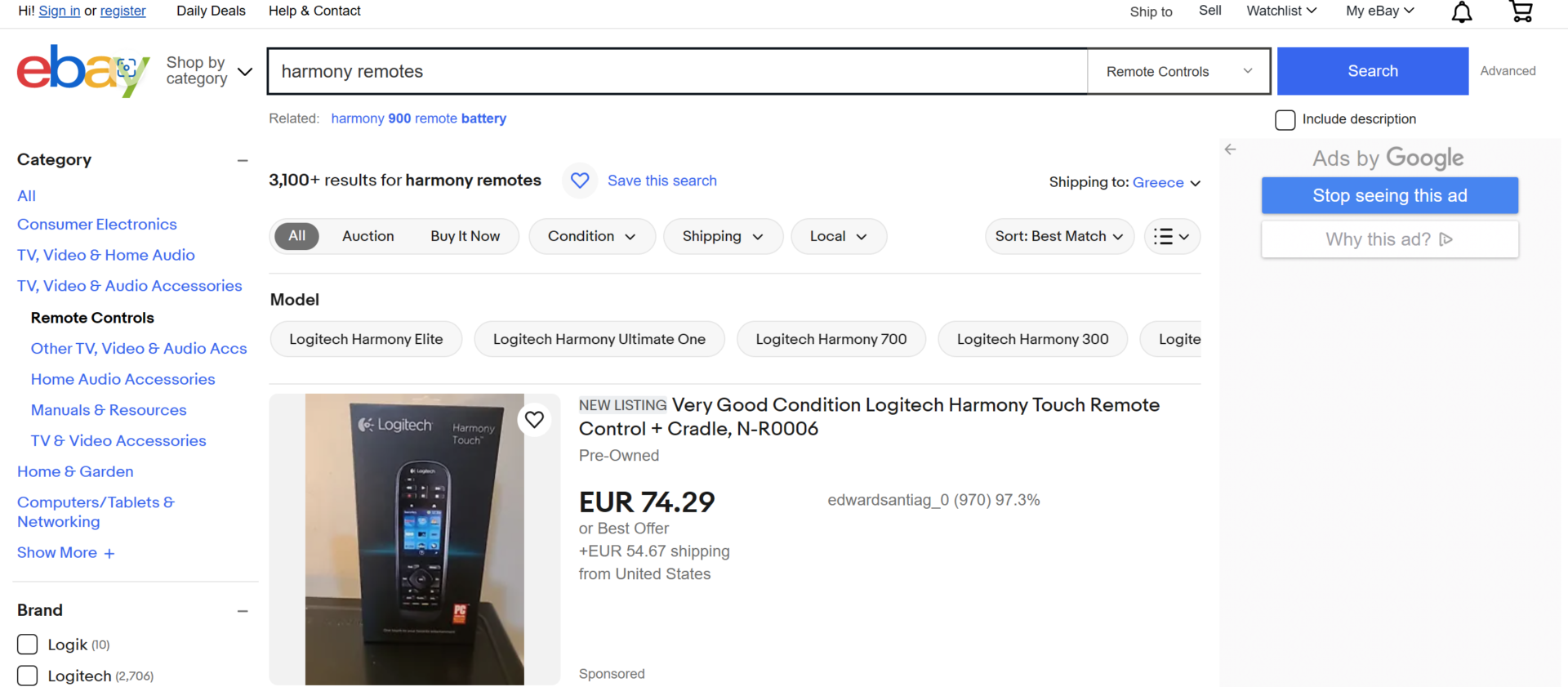
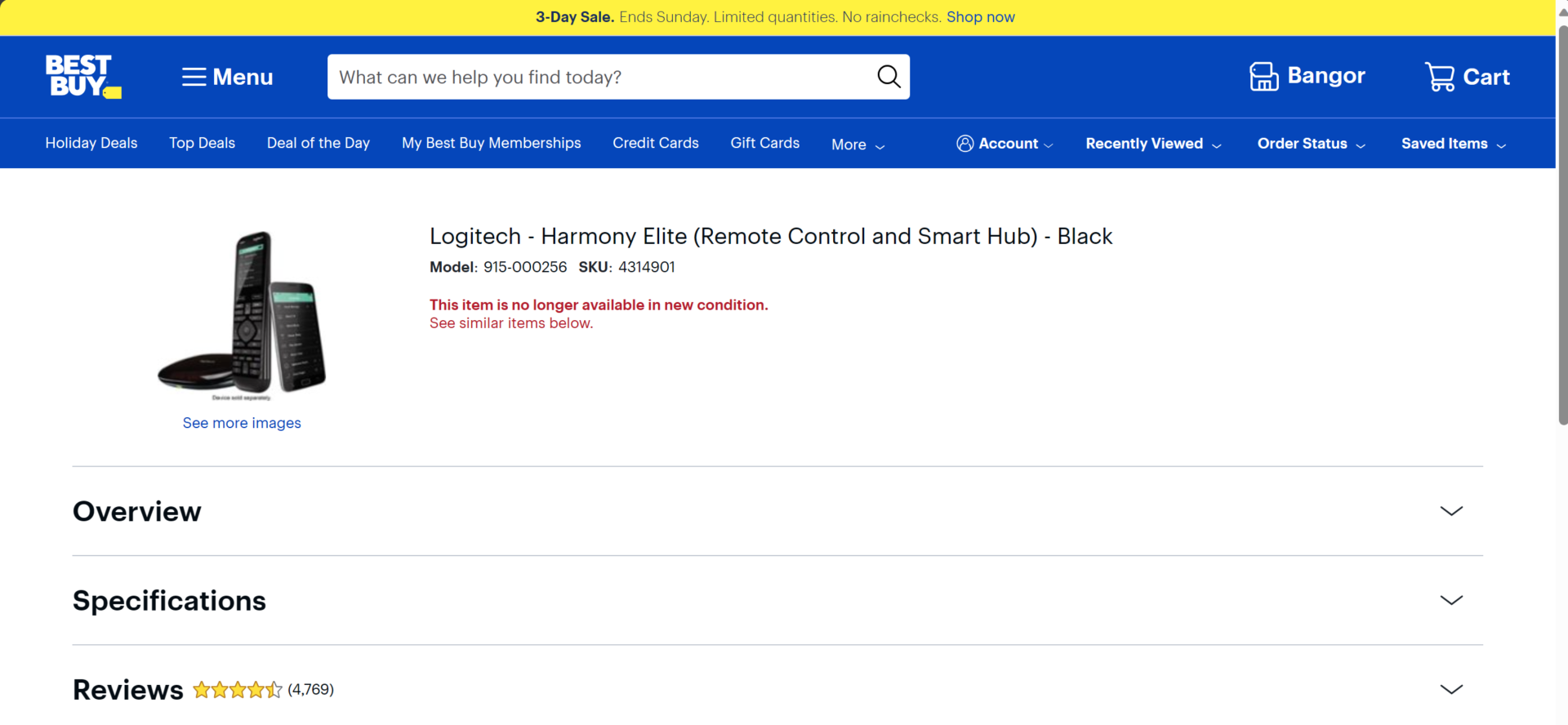
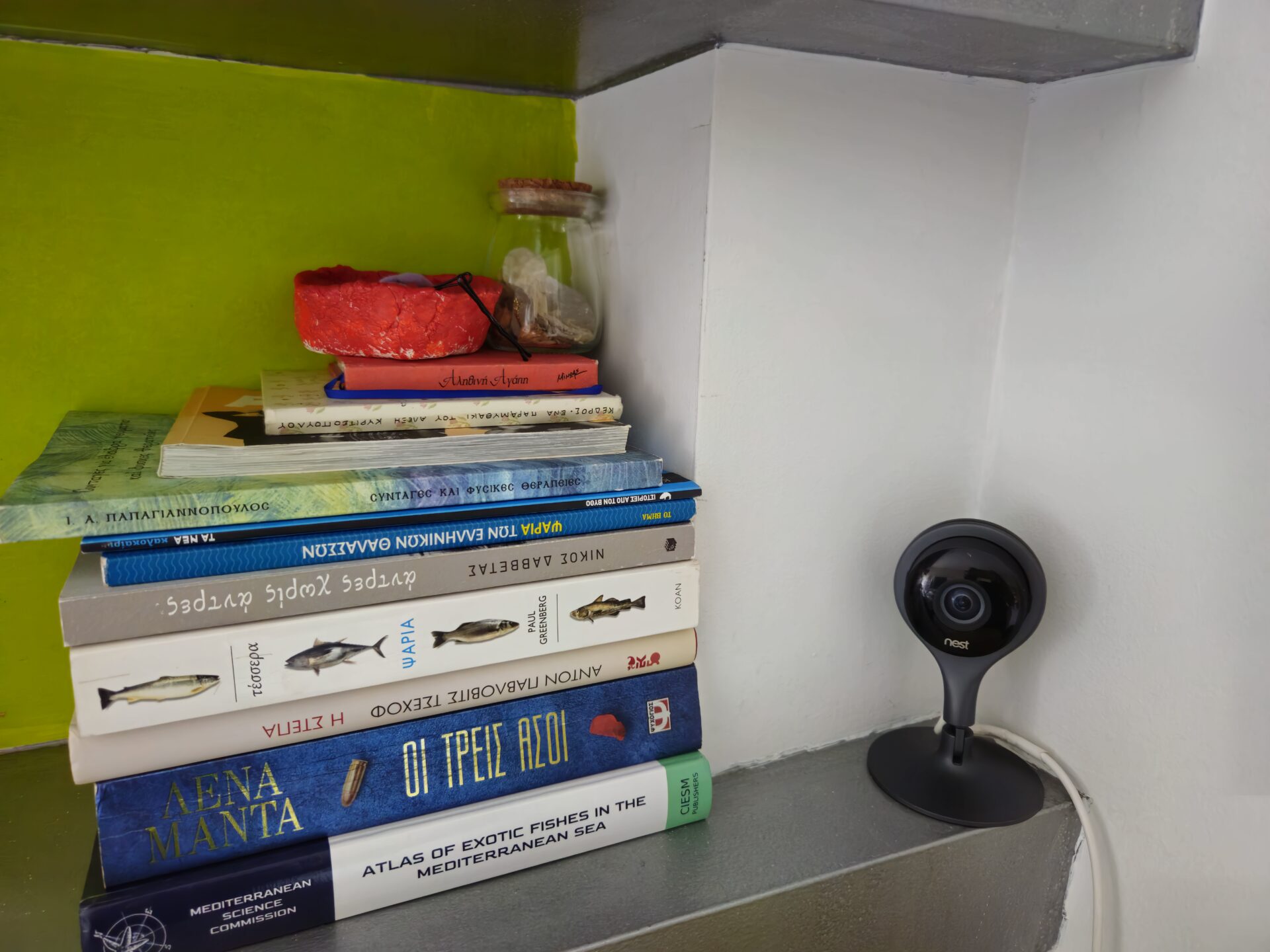
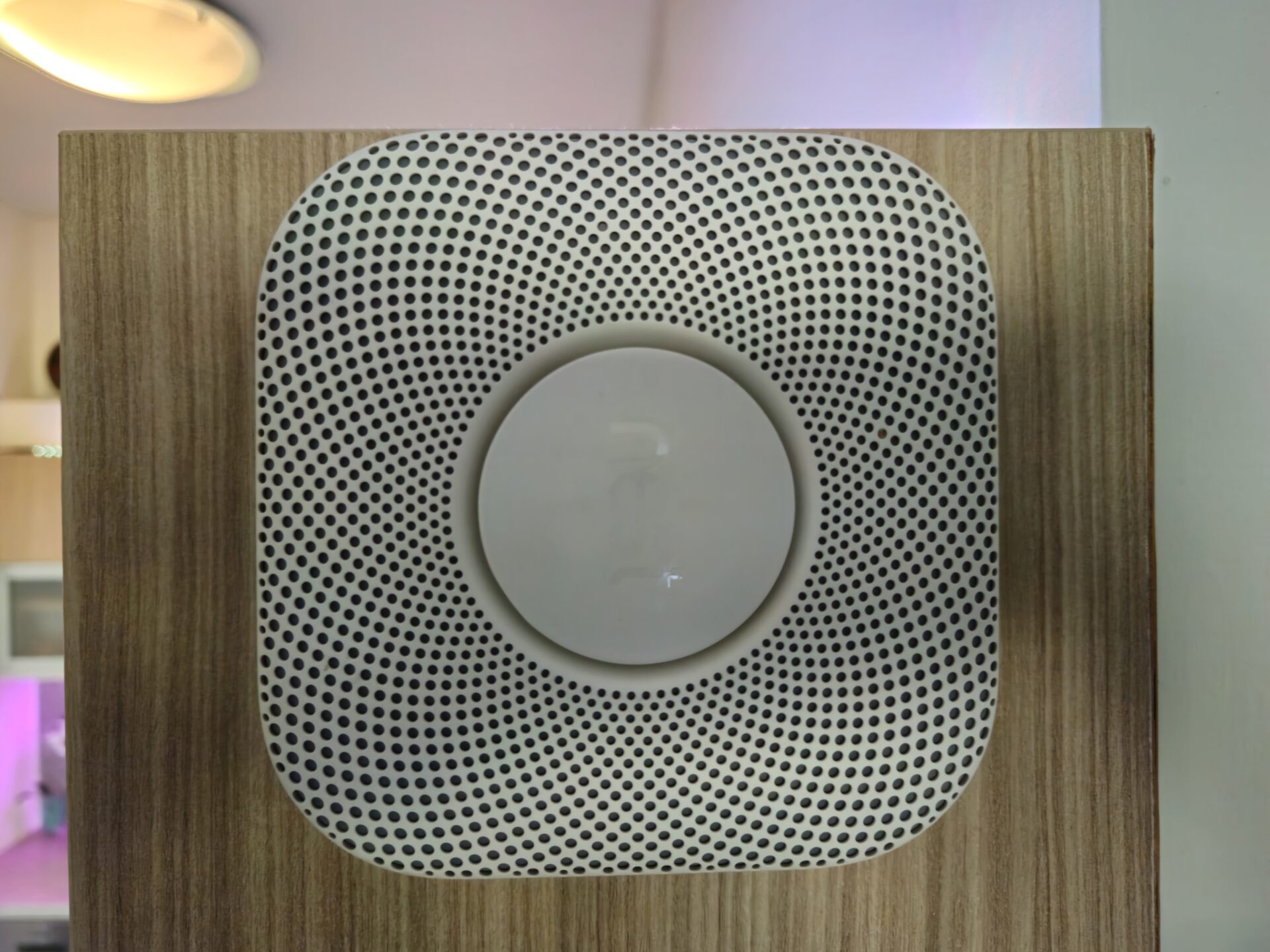
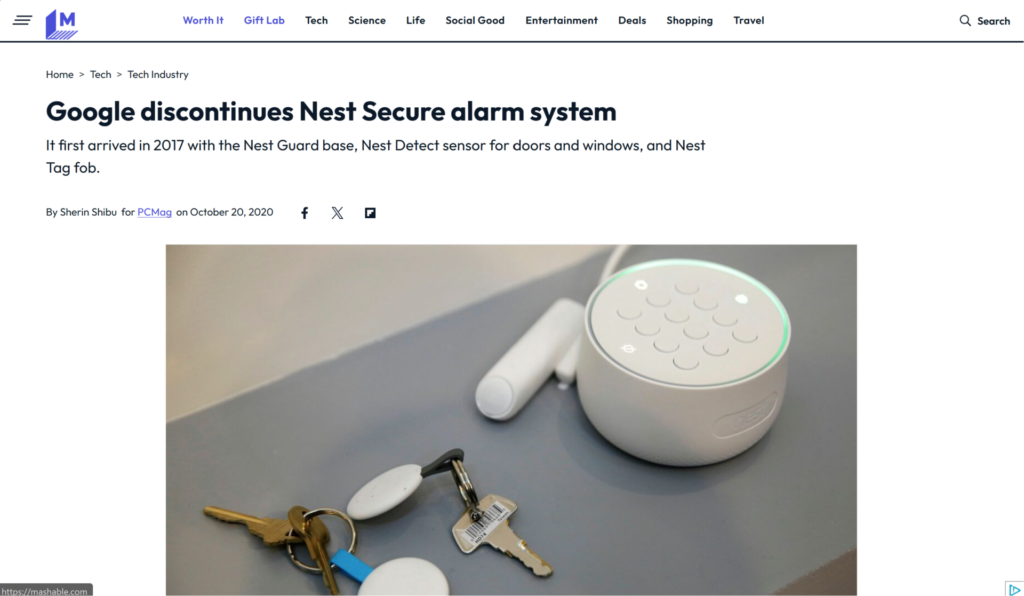
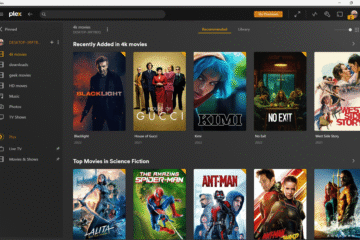
0 Comments